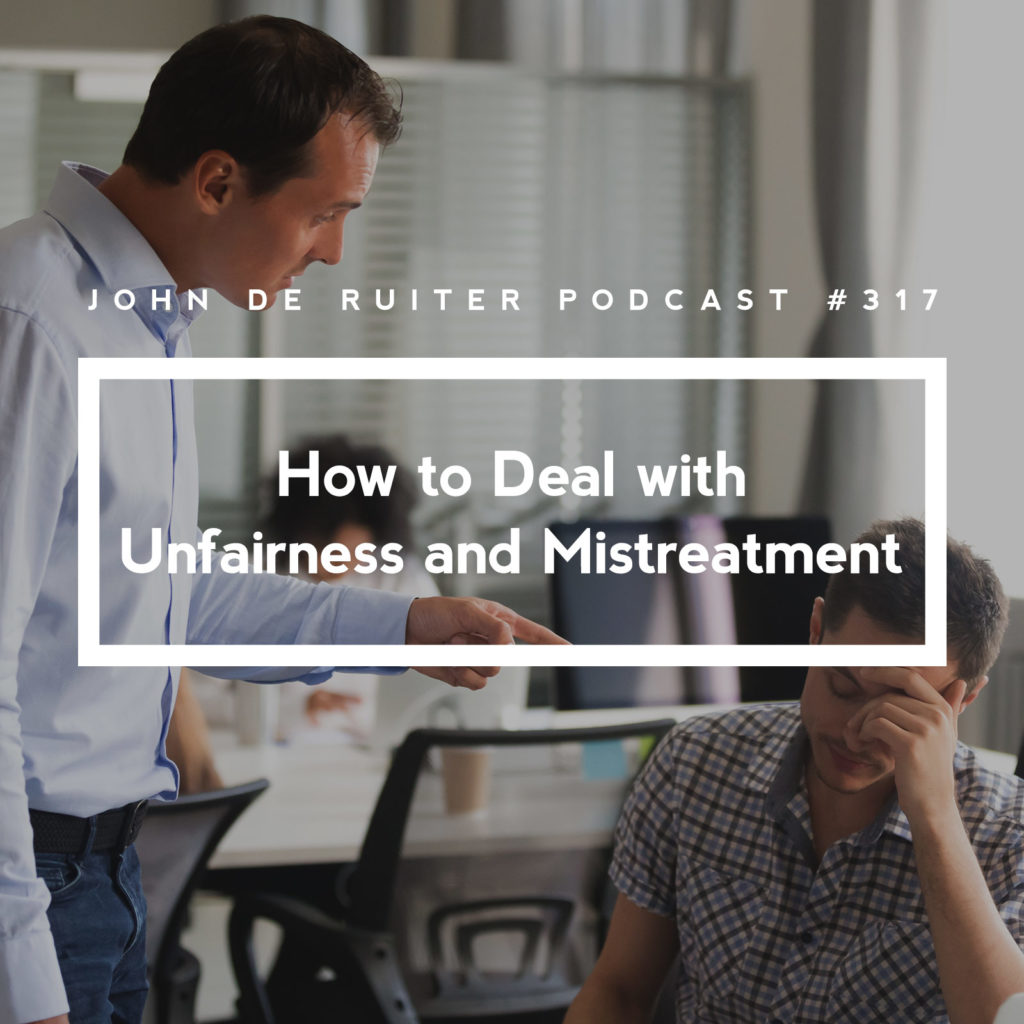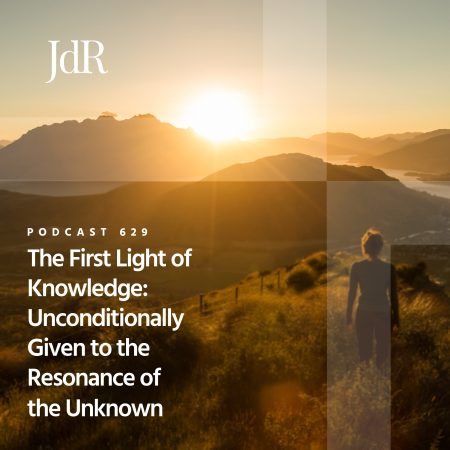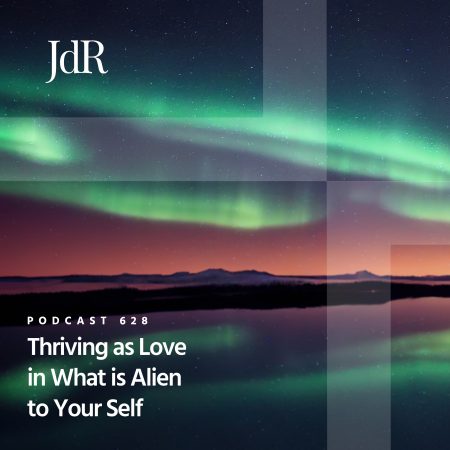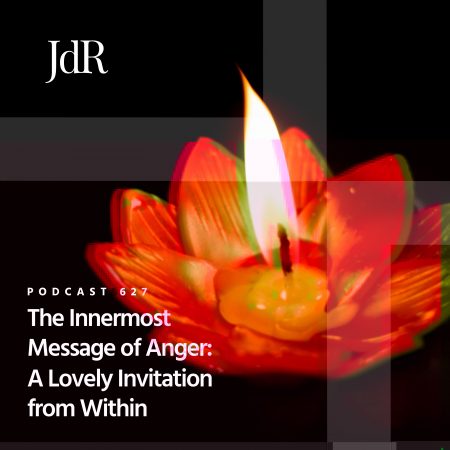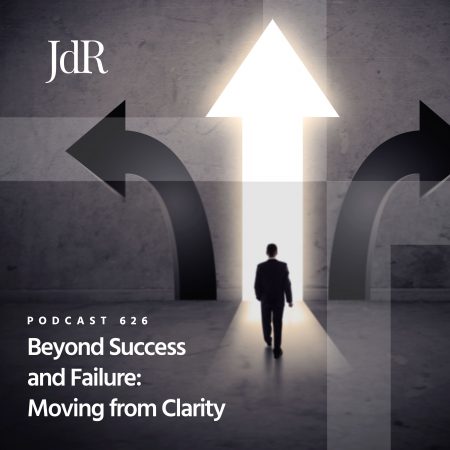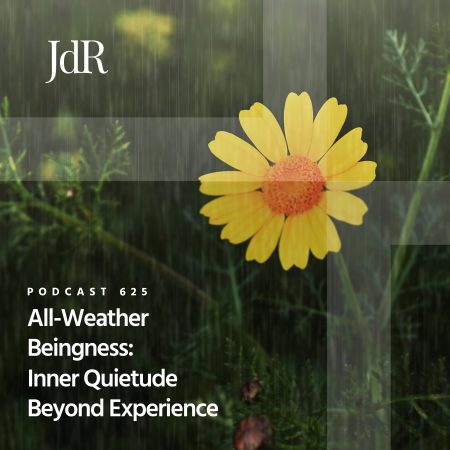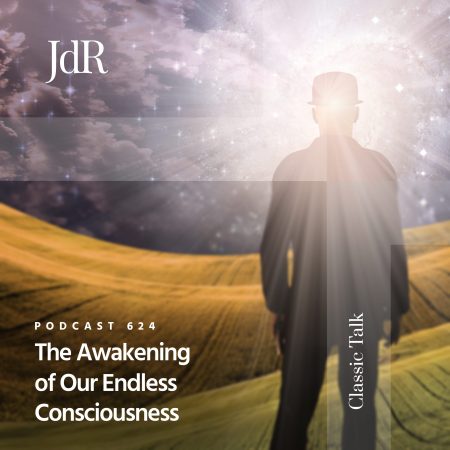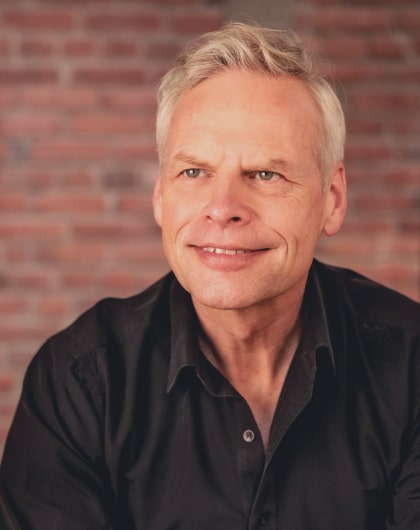Q: I’ve been dealing for some time with some negative feelings, thoughts. I think I was too much invested in my career, trying to achieve something there. I let my self be mistreated, I would say, for quite a long time with a few people I had some trust in. Now it’s all over. It is done, but I’m very preoccupied with what was happening there, how I was mistreated – very upset with it, angry and sad.
John: That’s because you let your self be mistreated and you were not okay with being mistreated.
Q: I feel confused by it. I feel angry. I feel very self-centred. I’m trying to realize what can bring that again, you know? I’m very much struggling.
John: Quietly, quietly within, forgive them.
Q: I’m actually trying to practice some Buddhist practice of forgiving. It’s very hard for me.
John: That’s because it matters to you how they treated you. What you can do is sweetly let all of that go. Let it go as deeply as it will be all be gone after you die. It’s all going to go, so you can let it all go now instead of waiting.
Q: I really want to. I’m trying. I’m struggling to let it go.
John: Like letting go of all of that. Like letting it be really easy so that the letting go has no effort, no need in it, no wanting in it; that your letting go of all of that is as easy and natural as you falling asleep. Everything that you’re holding onto of how other people have treated you, way in the deep, is really all nothing.
Q: Memories keep coming back.
John: The memories keep giving you what you want. They keep serving you. You keep giving them a purpose. They have no real purpose. You can give the memories purpose in your self but that doesn’t make the memories real. They are only actual. They’re not real. They don’t touch you; they don’t nurture you. They’re not meaningful to you. You are not intimate with those memories. You just have them and you use them.
Q: What do you mean “not intimate?”
John: Those memories don’t touch your heart. They don’t draw out your intimacy. They don’t draw out your innocence. They don’t draw out fine touches of love. They don’t bring out your intimacy of being. You are not intimate with those memories. They have no real value to you. What those memories give you is a sense of your self – a sense of your self, mistreated. Through mistreatment you experience your self. You experience your self through your tightening and your hardening, so what you are really doing is exploiting how they treated you.
It’s like you keep putting money on your memories of how they treated you. You keep putting money on those memories and it keeps empowering them, and if you stop putting money on them they all go away. What you won’t have is your sense of self through the mistreatment. If you are not mistreated then you’re not important anymore. You were getting a sense of importance, of self-importance, through mistreatment. The importance that you were giving to your self doesn’t touch your heart; it doesn’t nurture you, so then, let it all go.
Like making important what you know within is lovelier than your self. Your openness is lovelier than your self. Your softness within is lovelier than your self. Enjoy giving your importance to that openness and to that softness, instead of giving the importance to your self. Your openness nurtures you. Your softness nurtures you, so then give it everything. Like giving it everything, then you’ll be happy again, without a reason. You don’t need to be unhappy for all of your reasons. Instead, you’ll be deeply, quietly happy, without a reason. That’s your return to your innocence.
Mistreatment of any kind doesn’t separate you from what you really are. It doesn’t prevent you from being what you really are. You are free to be what you really are in the midst of being mistreated, instead of you being mistreated – being the one who is mistreated, making it important that you are being mistreated – making it bad that you are being mistreated. All of that makes your self more important than you. When you are deeply, deeply rested within, you’re okay with being mistreated. Being mistreated doesn’t hurt you. What really matters, what is really important, is for you to be what you really are, whether people treat you kindly or badly.
What matters is that you don’t use anyone’s treatment of you, that you don’t use mistreatment for you to separate, that you don’t leave what you really are. You don’t walk away from being what you really are just because someone mistreats you. When you leave what you really are, it isn’t because of the mistreatment, it’s because of the value that you’ve given to your self that is greater than you. That makes mistreatment of your self, important. That’s what makes you judge others for mistreating you.
It’s the importance that you’ve given to your self that puts you into that judgment, that puts you into judgment. It’s the importance that you’ve given to your self that gives rise to your anger, because you consider your self to be much more important: that you don’t deserve mistreatment, that in your self the importance you’ve given to your self – that you have core beliefs of entitlement, that you are entitled in your self to be treated fairly, that you are entitled to be loved.
You don’t need to be loved. You don’t need for anyone to be fair to you. When you are being what you really are, you love. And it naturally moves even toward those who mistreat you. Your love toward those who mistreat you, your love makes you happy. No one makes you unhappy. You’ve blamed others for your unhappiness. You’re unhappy because someone mistreated you. What makes you unhappy has nothing to do with others. It has nothing to do with someone else’s treatment of you. The only thing that can make you unhappy is when you separate from being what you really are.
Q: I feel separated for quite some time, yes. I separate myself. It’s very confusing.
John: Then you can be quietly okay with being separated. That makes you quietly okay even though you feel separate. What does it matter that you feel separate when you are quietly okay?
Q: If I were quietly okay! Yeah, I’m afraid of it, of course. It’s confusing when I’m not okay with it.
John: When you’re honest within you are okay with it. Your not-okayness with anything isn’t honest. It’s honest to what you feel, but it isn’t honest to you. When you’re being honest to what you feel, you are not being honest to the beloved within. When you are honest to the beloved within, you are quietly rested in a fine, fine, subtle okayness. You’re at home in okayness. You are genuinely okay. You don’t need to feel good for you to be genuinely okay. You don’t need to be in favourable circumstances for you to be genuinely okay. When you are being not-okay, for any reason at all, that serves only a sense of self-importance. Being not-okay gives you an immediate experience of your self. Being not-okay activates your self.
You don’t need your self – feeling okay or feeling not-okay – you don’t need your self at all, for you to be you. You don’t need your self for you to be okay. You don’t need your body for you to be okay. You’re able to be okay when your body feels really good. You are also equally able to be okay when your body doesn’t feel good. The okayness is you – unconditioned okayness: okayness not held together by any experience, okayness not conditioned on what’s happening to your body, okayness that isn’t conditioned on what’s happening to your self. You don’t need to have a particular physical or emotional state, or a mental state for you to be okay. If quiet okayness within is enough for you, in the midst of anything, that’s you being what you really are, independent of your self, of your body, or your circumstances. That’s you free of your self.
When someone is unfair to you, that doesn’t change how the sun shines upon your face. Deep quiet okayness within is your own light shining upon your face, and that matters more than how others treat you. It matters more than you being loved. It matters more than you being disrespected.
